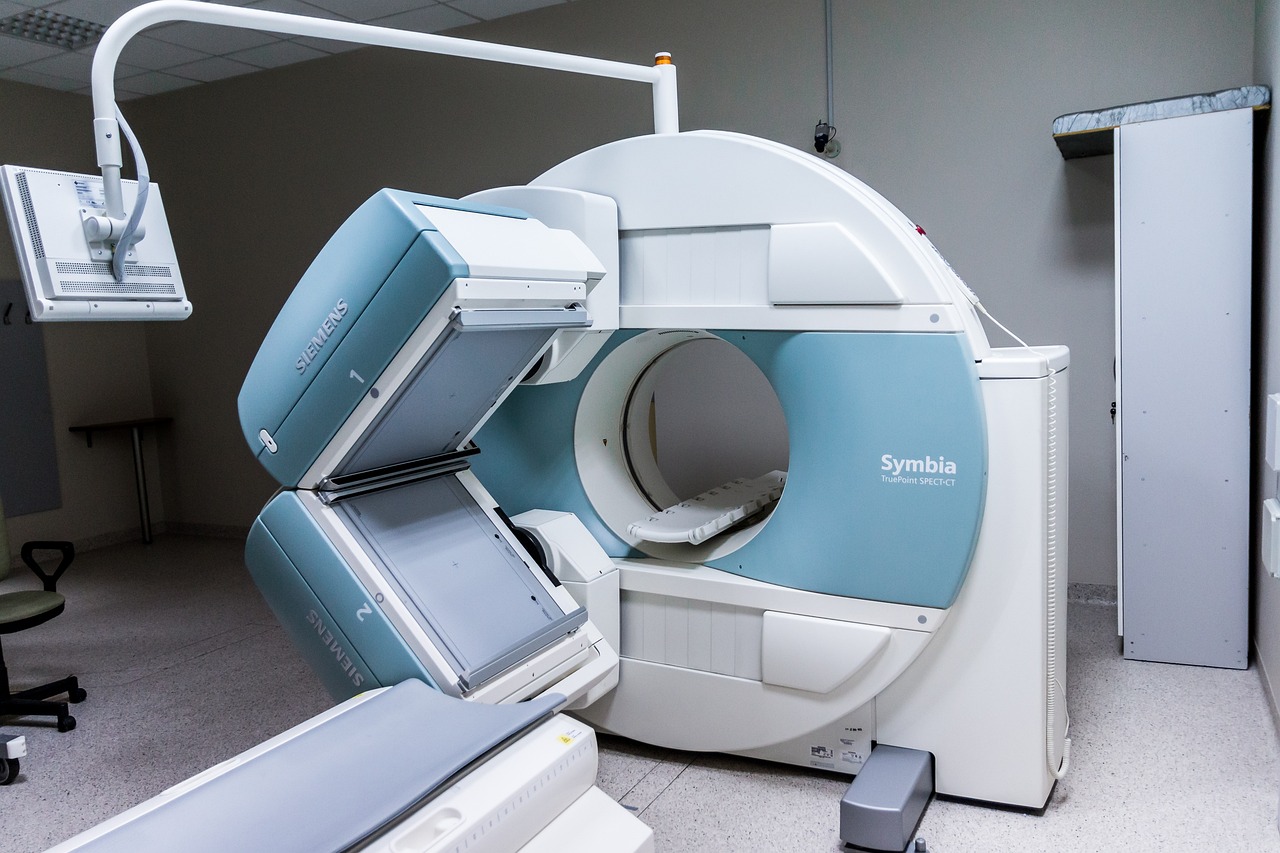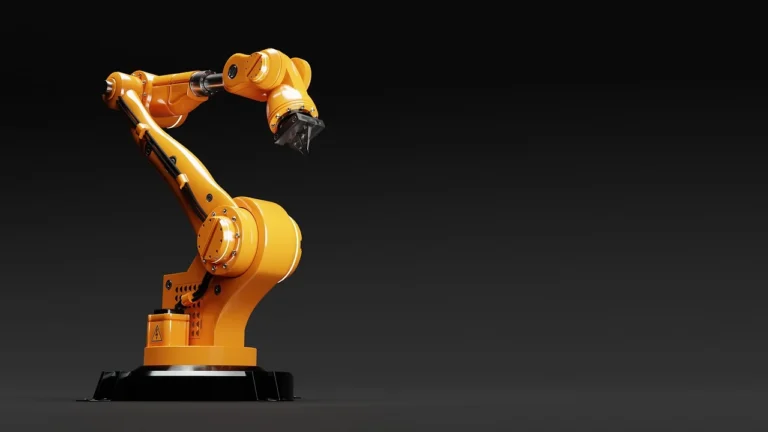We help the world since 2012

Low-Noise Power Modules In Medical
How Do Low-Noise Power Modules Enhance the Performance of Medical Devices?
In the medical field, precision and reliability are paramount. Medical devices, from imaging equipment to patient monitoring systems, require stable and interference-free power supplies to function accurately. Low-noise power modules play a crucial role in ensuring these devices operate without electrical noise that could compromise their performance. This article explores the benefits and applications of low-noise power modules in medical technology.
1. Why Are Power Modules Essential in Medical Devices?
- Minimizing Electromagnetic Interference (EMI)
Medical devices are highly sensitive to electromagnetic interference, which can distort signals and lead to inaccurate readings. Low-noise power modules are designed to minimize EMI, ensuring that medical equipment operates with high precision. This is especially critical in diagnostic tools like MRI machines and ECG monitors, where even slight interference can affect the quality of the results. - Ensuring Patient Safety
The use of low-noise power modules enhances patient safety by providing a stable and clean power supply. In devices such as infusion pumps or ventilators, any fluctuation in power can have serious consequences. Low-noise modules ensure that these devices function reliably, without unexpected interruptions or malfunctions.
2. What Are the Key Applications of Power Modules in Medical Technology?
- Diagnostic Imaging Equipment
Imaging equipment, such as CT scanners and ultrasound machines, relies on clear, interference-free signals to produce accurate images. power modules help reduce the electrical noise that can interfere with image clarity, ensuring that medical professionals receive the most accurate diagnostic information possible. - Patient Monitoring Systems
Continuous and accurate monitoring of vital signs is crucial in critical care settings. Low-noise power supplies are essential for equipment like ECG machines and blood pressure monitors, where signal integrity directly impacts patient outcomes. These modules ensure that monitoring systems deliver precise readings, enabling timely medical interventions. - Surgical and Therapeutic Devices
Surgical equipment and therapeutic devices, such as lasers and radiation therapy machines, require stable power to function effectively. Low-noise power modules provide the necessary clean power supply, reducing the risk of errors during procedures and improving overall treatment efficacy.
3. How Do Low-Noise Power Modules Contribute to Innovation in Medical Devices?
- Support for Miniaturization
As medical devices become smaller and more portable, the demand for compact and efficient power solutions has increased. Smart power modules are designed to be compact, making them ideal for use in portable medical devices like handheld diagnostic tools and wearable monitors. - Integration with Advanced Technologies
The integration of low-noise power modules with advanced medical technologies, such as AI-driven diagnostic systems, enhances their accuracy and reliability. These modules provide a stable power environment, which is essential for the consistent performance of sophisticated medical devices. - Enabling Wireless and Remote Monitoring
With the rise of telemedicine and remote patient monitoring, the need for reliable, low-noise power supplies has grown. Low-noise modules are critical in ensuring that wireless and remote monitoring devices operate smoothly, providing accurate data to healthcare providers without interference.
4. What Are the Long-Term Benefits of Using Power Modules in Healthcare?
- Improved Device Longevity
By providing a stable power supply with minimal noise, low-noise power modules help extend the lifespan of medical devices. This reduces the frequency of repairs and replacements, leading to lower maintenance costs and more reliable healthcare delivery. - Enhanced Patient Experience
Devices powered by low-noise modules operate more quietly and efficiently, which can improve the patient experience, particularly in sensitive environments like neonatal care or intensive care units. The reduction in noise and interference contributes to a more comfortable and stress-free environment for patients. - Compliance with Regulatory Standards
Medical devices must adhere to strict regulatory standards, including limits on electromagnetic emissions. Power modules help manufacturers meet these standards, ensuring that their products are safe and effective for clinical use.
Essential components
Low-noise power modulehttps://www.chondatech.com/e_products/AC-DC-converter-6.htmls are essential components in the medical field, enhancing the performance, reliability, and safety of a wide range of devices. From diagnostic imaging to patient monitoring, these modules play a critical role in ensuring that medical technology delivers accurate results and operates without disruption. As medical devices continue to evolve, the importance of clean, interference-free power will only grow, making low-noise power modules a key factor in the advancement of healthcare technology.




